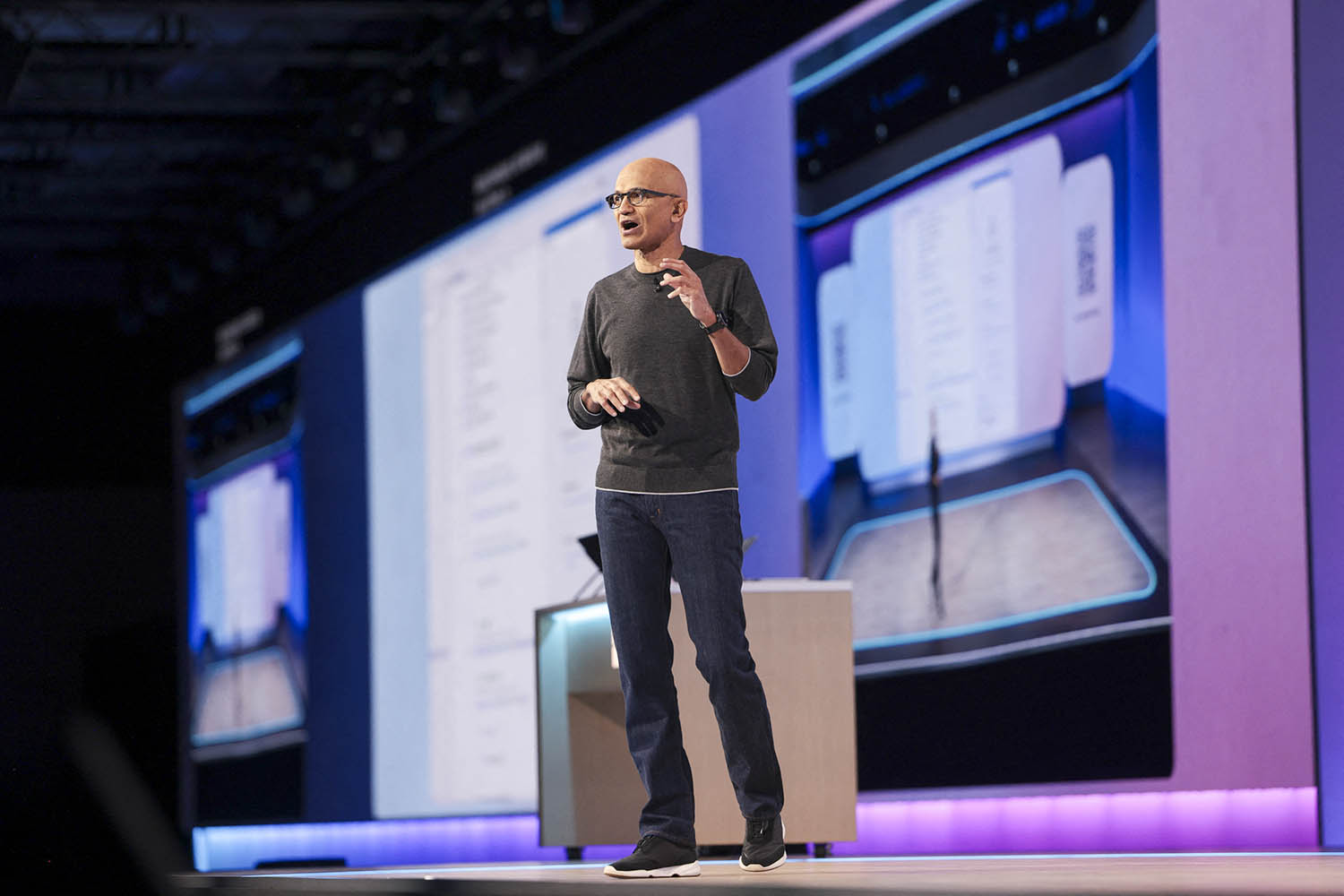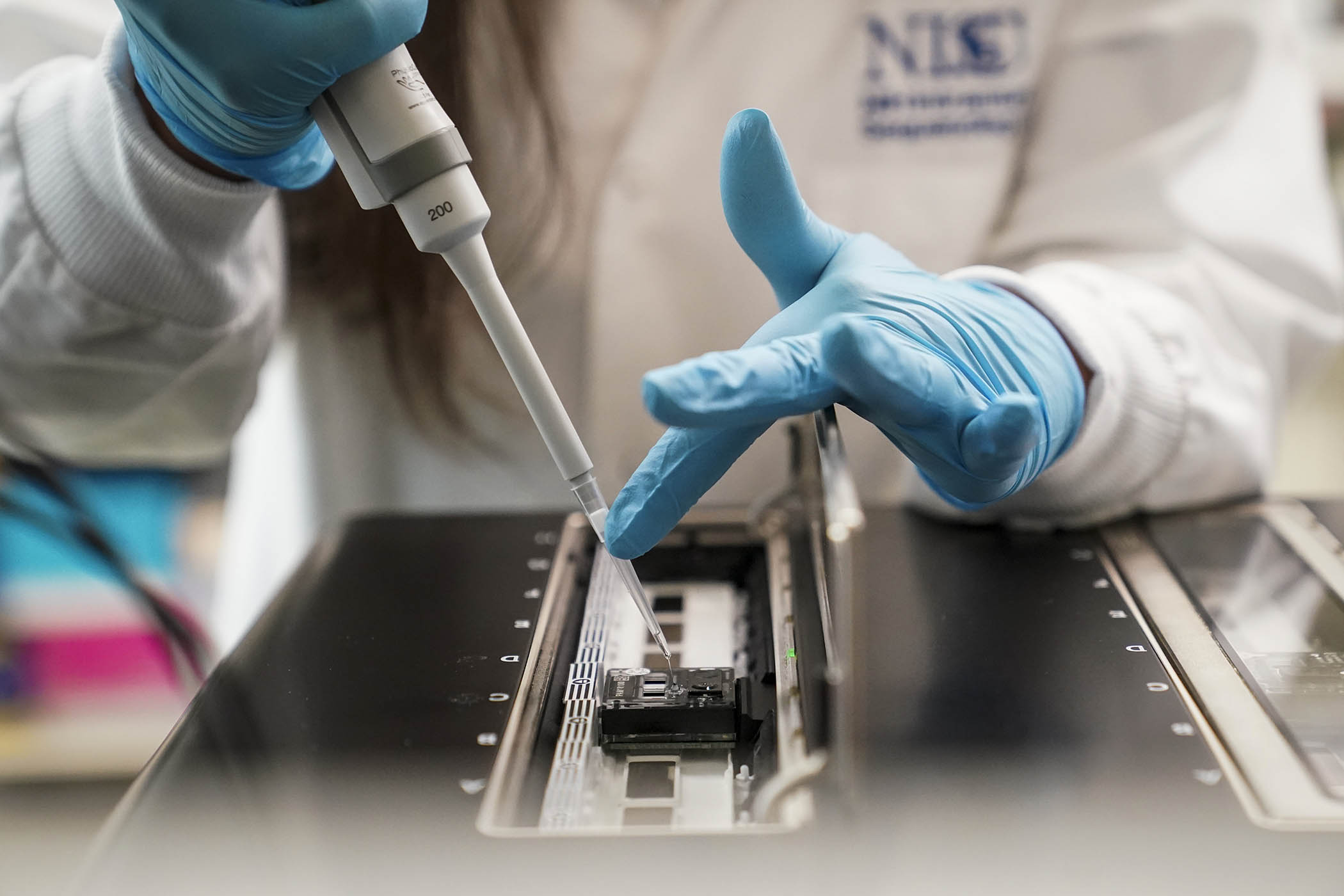“I love this company,” Steve Ballmer famously roared at a rally for Microsoft employees after he sweatily cavorted around the stage like a gorilla on ecstasy. Satya Nadella, the current chief executive of the tech giant, favours a more measured approach to communicating with his troops: less visceral, less direct, less sweaty and more philosophical. And perhaps less effective.
This week, in a memo to employees, Nadella described the “most difficult” decision to lay off 7% of the workforce this year as part of the “seeming incongruence of the times we are in” and of “the enigma of success”; a result of the firm’s process of “unlearning” and “learning”.
Meanwhile, the company’s share price and profits are at a record high. There were no pledges to avoid further job-cutting, nor even to try to move employees with “unlearnt” jobs to other roles in the company. The memo has not gone down well with Microsoft staff.
The learning Nadella referred to is about artificial intelligence, of course. He redefines Microsoft’s role: no longer a “software factory” but a (rather woollier) “intelligence engine empowering every person and organization to build whatever they need to achieve”. Imagine, he says, if “all 8 billion people” on the planet could summon various AI tools “not just to get information but use their expertise to get things done that benefit them”.
A great vision, for sure, but not without risks, which Nadella strikingly fails to acknowledge in the memo. For when even Microsoft in its best days is firing workers in droves, it seems reasonable to ask how many of those 8 billion, as AI’s influence grows, will find that their jobs also fall victim to the enigma of success.
Photograph by Jason Redmond/Getty
Newsletters
Choose the newsletters you want to receive
View more
For information about how The Observer protects your data, read our Privacy Policy
Related articles:



